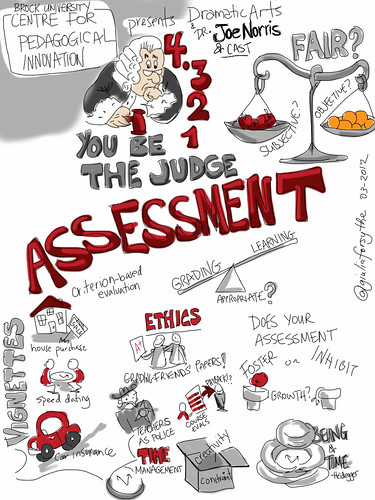Students Observing Students (S O S) came into being two years ago when I was trying to find a solution to the problem of collecting enough and relevant qualitative data to track student progress. Best tool I had was the Assessment For Learning and Observation form. It allows teachers to letter code strategies they observe their students use during the lesson problem (“action” problem in a 3 part lesson) and number code their current understandings. It’s a very convenient and easy to use tool. However, I was only able to observe snippets of each pair’s problem solving process during one class. I was missing a lot or did not get a chance to see every student’s solution or plan. I wanted a richer body of evidence so I can ensure conducting a strong consolidation during Bansho.
The idea: I looked at my class and realized that all I was doing was collecting data about their work without them ever having a chance to see their work through the perspective of an observer of the entire problem solving process and wondered what if they had this chance? We usually give them a chance to provide peer – feedback but this is about a product that is in a “finite” state. They are missing the most important aspect of problem-solving done collaboratively: the process, the understanding of the problem, the thinking and re-thinking of strategies and tools, the role the estimation or simply re-assessing the effectiveness of a strategy adopted. What about the dialogue, the negotiation and clarification of meaning that happens during the collaboration between the peers being observed? We can’t do think-alouds in math. It does not have the same efficiency as the real problem solving process taking place in front of their eyes.
So, I asked myself this question: What if the students had a chance to spend some time observing their peers solve math problems and compare the way they would have solved the problem to the solutions they were observing? What would be the benefits of such an activity? What if then, I would ask them to reflect on what they learned? This included mathematical strategies, tools, thinking process and judging the reasonableness of the answers/solutions reached. I gave my students the Assessment for Learning tool I had adapted for them (which also included reflection questions to track its benefits for the student observers as well), and assigned them 1 pair of peers to observe as if they watched a video – no interaction, interference, just observation.
My current findings related to the benefits of this new assessment strategy impact the following broad areas:
– Development of mathematical concepts and understanding
– The process of problem solving
– Communication in mathematics ( accountable talk in math class)
– Self-regulation in mathematics
– Social interactions and collaboration in the math class
– “Consolidation” of concepts during a three part lesson ( whose voices are heard)
– Students Listening to and Observing Students Solve Problems
![]() Photo Credit: Giulia Forsythe via Compfight
Photo Credit: Giulia Forsythe via Compfight

